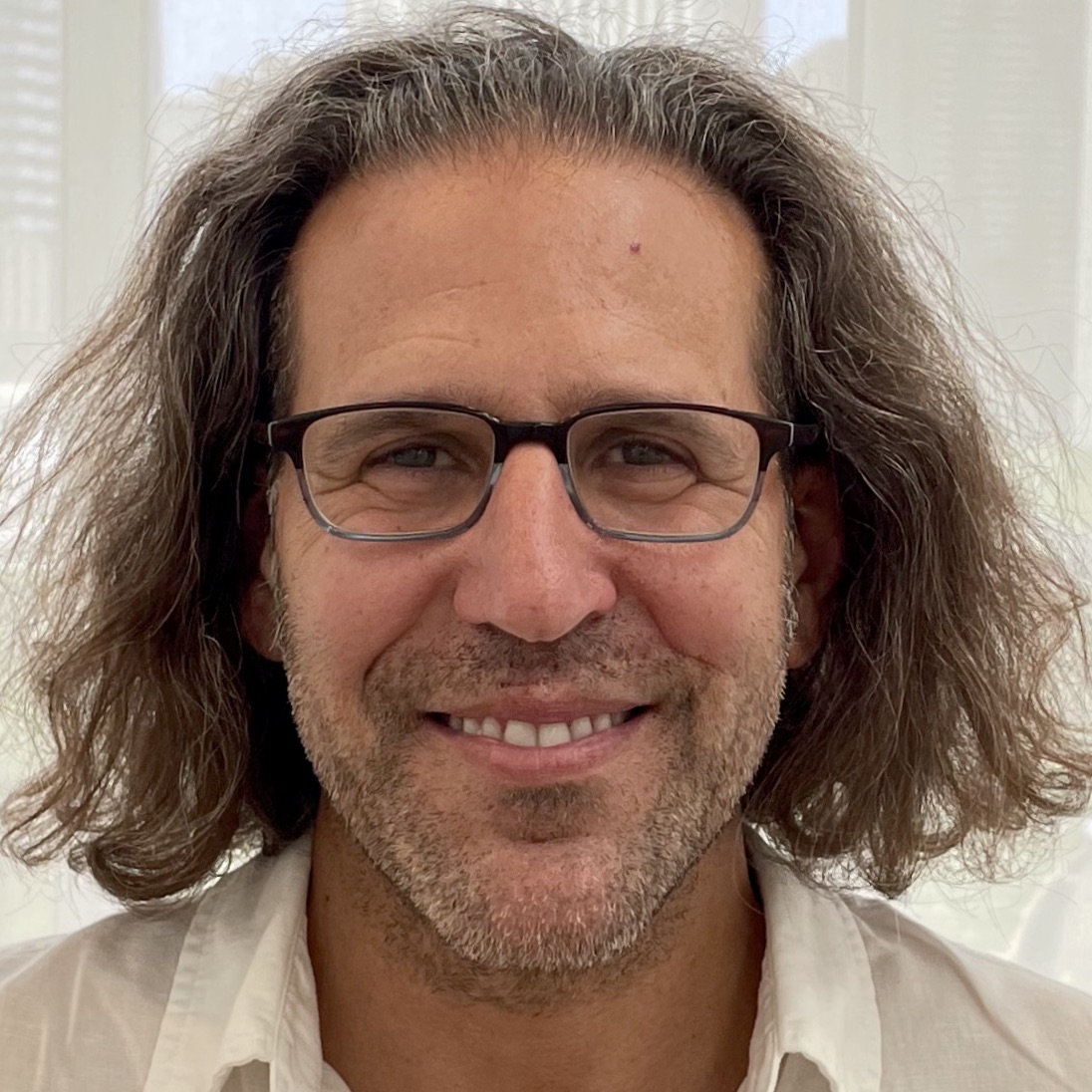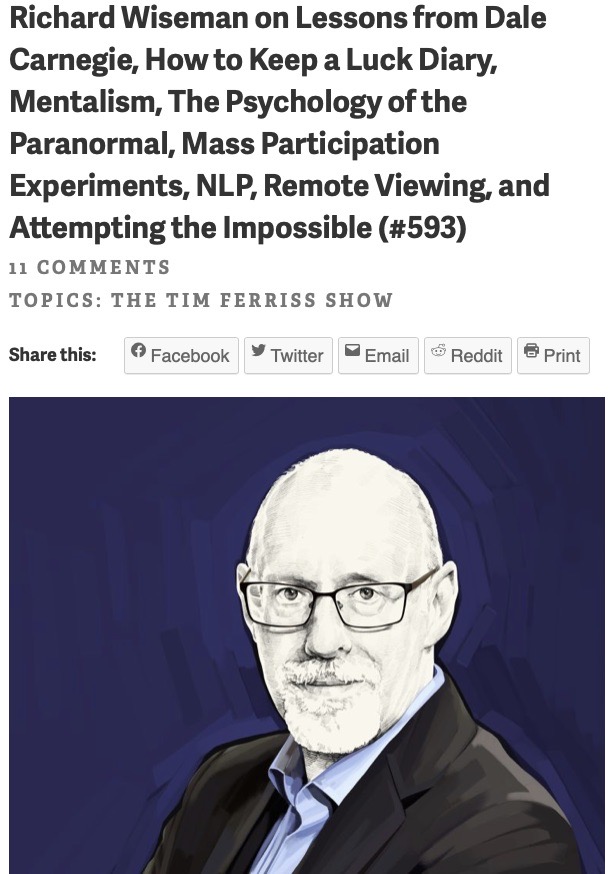“It is still a metaphysical faith upon which our faith in science rests — that even we knowers of today, we godless anti-metaphysicians, still take our fire, too, from the flame lit by the thousand-year-old faith, the Christian faith which was also Plato’s faith, that God is truth; that truth is divine.” ~ Nietzsche
In 1996 I attended the summer study program in parapsychology at the Rhine Research Institute at Duke University. Richard Wiseman spent a week with us that summer and so did Stanford Research Institute and Stargate remote viewing veteran Joe McMoneagle. Richard Wiseman is a renowned skeptic of “psi” (paranormal experiences) and has debunked countless putative paranormal claims and phenomena. More interestingly, on Tim Ferriss’ recent podcast he proposed that the same scientific reproducibility testing that was used to debunk putative parapsychological phenomena had filtered into Western psychological experiments and was similarly debunking many famous and widely accepted studies. Daniel Schmachtenberger’s assertion that 50% of all psychological experiments are countermanded within five years appears to be accurate — possibly we have Richard Wiseman to thank for that?
Due to my own personal experiences with scientific anomalies coupled with what I studied at Duke, I came away from that program thinking that trying to measure psi through the lens of Western science was analogous to trying to measure milk with a ruler.
When Joe McMoneagle demonstrated for us his remote viewing abilities using protocol similar to that used at Stanford, he scored a hit and claimed that he had a similar batting average to that of a decent baseball player, about 30%. “Science,” as you and I think of it, however, requires 100%. If gravity only worked 80% of the time some of us would have real problems.
In my book and classes I assert that human-made systems such as capitalism, science, romantic love and democracy will end up in the dustbin of history along with feudalism and fax machines, time is a human mental construction, “self” and personal identity are useful fictions, and that all sentient life in the universe (and possibly other universes) is inherently connected. That is why a mother can feel or intuit when something is awry with her child — even if that child is on the other side of the globe.
Similarly, Dr. Ian Stevenson of the University of Virginia documented thousands of cases of children who remembered their past lives (for those of you who believe in reincarnation). Personally I have grown to believe that language acquisition usurps the brain space/power necessary for psi phenomena. The more words that a culture has, the more that human beings are estranged from “_________” (Gaia, Reality, the Real, Brahman, G-d, nirvana, love — in short, the ineffable matrix) and the less likely they are to believe in what is considered in the West to be para or beyond “normal.”
But what if we invert “normal” and “paranormal”? What if we could all communicate 100% telepathically via the matrix? And what if spoken and written language were merely poor symbolic substitutions that actually estranged us from the Real (as Lacan believed)? What if we all remembered our past lives and could connect with the outer reaches of the universe or remotely view places around the planet using our minds?
On their recent podcast, Tim Ferriss and Richard Wiseman failed to question their own biases and hence missed the opportunity to admonish dogmatism in general and Western ideology in particular: Ferriss and Wiseman believe that the system (the aggregate of the ever-changing studies and beliefs about physics, chemistry, biology, neurology, astronomy, environmentalism, psychology, etc.) known as “Science” can approach and possibly even know “the truth.”
As Nietzsche wrote above, “truth” and the concept of human beings knowing the truth through “Science” are misguided if not egregiously fallacious. Auschwitz and Dachau are the results of “Science,” as well as airplanes and iPhones.
I previously argued that Joe Rogan and Eric Weinstein similarly sinned on their podcast because they missed an opportunity to invert listeners’ paradigms and allow them to explore new possibilities that would lead to a new society based on compassion rather than competition.
Churchill famously said that “Democracy is the worst form of government, except for all the others.” I would say the same about Science: when you arrive at the emergency room with your hand in a bucket you don’t want the surgeons to put aloe vera juice on it or pray for Jesus to reattach it. You want them to sew your hand back on. So there are obvious benefits of scientific discovery such as longer lifespans and better health for which we can be grateful.
On the other hand, we shouldn’t place too much faith in a limited system that renders things as anomalies or paranormal because the system has not (yet) figured out the proper tools with which to measure certain phenomena, nor does the system take into account its own biases.
We need to continuously question and explore our own assumptions, prejudices, and the lenses through which we view the world. If we fail to do so, it may well be Science to blame for the coming natural disasters, pandemics, as well as wars and insurrections.


